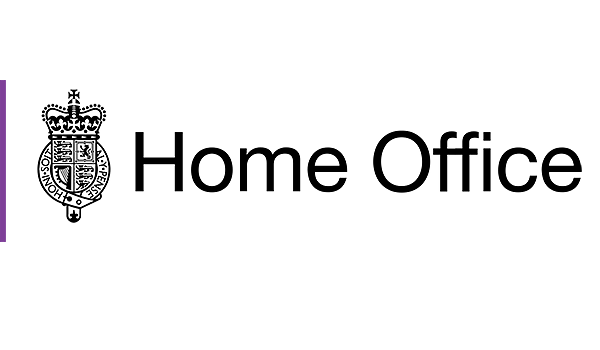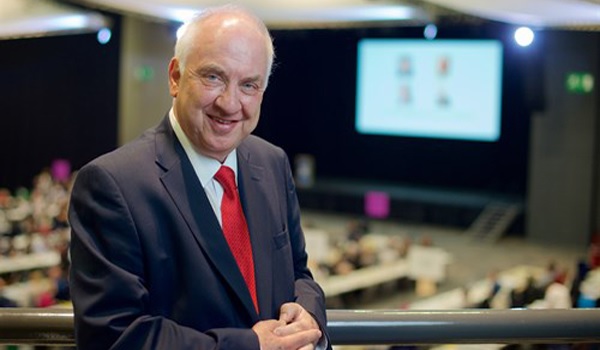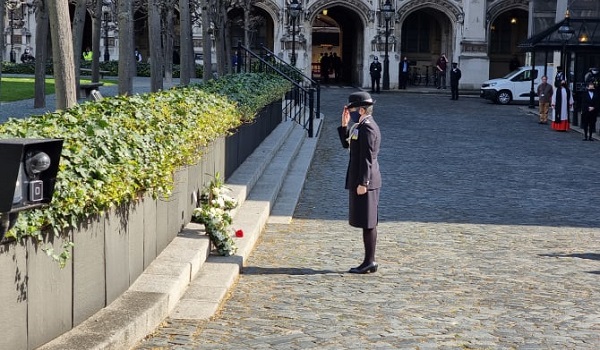Home Office justifies increased use of terrorism powers on rising threat
There has been a 70 per cent increase of stop and searches under the Terrorism Act in London in the last year.
A report published by the Home Office on Monday (July 23), outlining the ways in which law enforcement, security and intelligence agencies use disruptive and investigatory legislation to tackle terrorism and organised crime, shows a “clear increase” in the use of many powers.
In the year to March 31, 2018, 768 people had been stopped and searched by the Metropolitan Police Service (MPS) under section 43 of the Act. This is a 70 per cent increase from the previous year’s total of 453.
The report also said that 2017 was the first time that Section 47A of the Act was used in Britain since thresholds for its use were increased in 2011.
The power enables a senior police officer to make an authorisation, specifying an area or place where they reasonably suspect that an act of terrorism will take place. Within that area and for the duration of the authorisation, a uniformed police constable may stop and search any vehicle or person for the purpose of discovering any evidence concerning terrorism – whether or not they have a reasonable suspicion that such evidence exists.
This legislation had not been used in Britain until September 2017, following the Parson’s Green attack, and only once in Northern Ireland in 2013.
This led to 128 stop and searches being conducted – 125 of which were by British Transport Police (BTP) – and a total of four arrests (all BTP).
There have been five terrorist attacks since the last report in 2017.
A total of 441 individuals were arrested for terrorism-related activity during the year. Many of these were made following terrorist attacks in London and Manchester. This was an increase of 17 per cent on the 378 arrests outlined in the preceding year’s report.
There were 23 arrests in connection to the terrorist bombing in Manchester, 21 relating to the London Bridge attack, seven in connection with the Parsons Green Underground station explosion and one for the Finsbury Park mosque attack.
This is the highest number of arrests in a year since the data collection began in September 2001.
Of these arrests, 32 per cent (143) resulted in a charge, 80 per cent of which were thought to be terrorism-related. Because many of these cases are still ongoing, the number of charges emerging from the 441 arrests is very likely to increase.
Forty-one people arrested during the year have since been prosecuted, 39 of which for terrorism-related offences.
The number of individuals in prison rose by 48 to a total of 228. There has been a steady rise in the number of people from all ideologies held in custody for terrorism-related offences.
The Government used the power to deprive British citizenship 104 times in 2017 – up from just 14 the year before.
The report said that “[t]he Government considers removal of citizenship to be a serious step, one that is not taken lightly”.
Home Secretary, Sajid Javid said: “Following these attacks, we have recognised that there has been a significant shift in the terrorist threat to the UK. We recently published an updated and strengthened counter-terrorism strategy, CONTEST, following a fundamental review of our entire approach to ensure that we have the best response to the heightened threat in the coming years.
“We also continue to plan and prepare for the risk posed by those wishing to return to Britain, who travelled to the conflict in Syria and Iraq. Many of the most dangerous individuals remain overseas and given their training, indoctrination, experience and contacts they pose significant challenges for the security and intelligence agencies and for law enforcement. In addition to seeking prosecution for returners, we are using a range of tools and powers to disrupt and diminish that threat. The use of these tools is reflected in the figures in this report. “
Security Minister Ben Wallace added: “The spate of terrorist attacks last year and the nerve agent attack earlier this year were a stark reminder of the real and significant threat this country faces from terrorism and hostile states.
“Wherever possible we will seek to prosecute and convict those who seek to destroy our freedoms and attack our communities.
“Where that is not possible, we have a range of tools in our toolbox to disrupt and investigate terrorism-related and hostile state activity and organised crime which are vital to ensuring our national security.”







